TSC2
Recent articles
Autism’s ties to the cell skeleton
Many genes related to the condition play a role in the internal scaffolding of cells, and cytoskeletal disruptions can affect neurodevelopment and behavior.
Autism’s ties to the cell skeleton
Many genes related to the condition play a role in the internal scaffolding of cells, and cytoskeletal disruptions can affect neurodevelopment and behavior.
Tweaks to autism-linked pathway tilt circuits’ signaling balance
Altered expression of TSC2 and the mTOR pathway reshape the formation of certain synapses between inhibitory and excitatory neurons in mice.
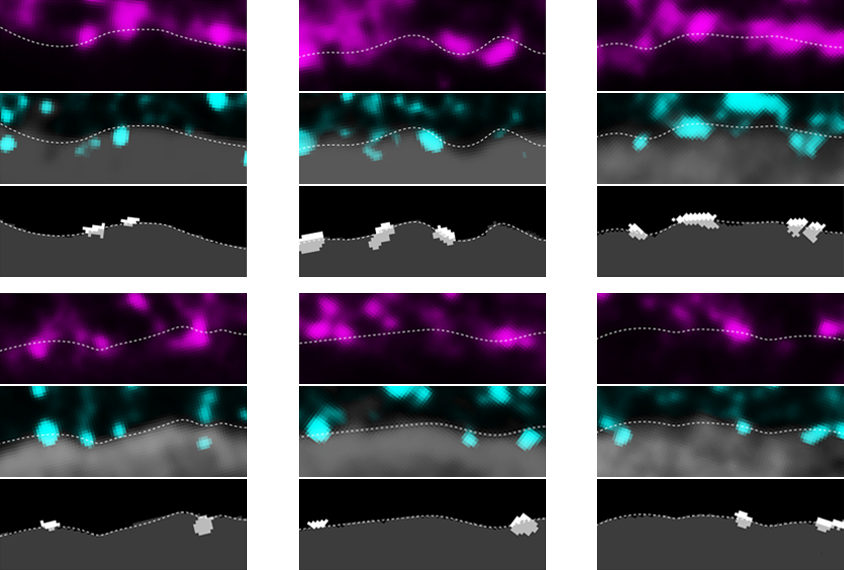
Tweaks to autism-linked pathway tilt circuits’ signaling balance
Altered expression of TSC2 and the mTOR pathway reshape the formation of certain synapses between inhibitory and excitatory neurons in mice.
Autism genes converge on disruptions in social brain circuit
The circuit linking the prefrontal cortex and part of the thalamus is impaired in mice raised in social isolation and in mice with mutations in the FMR1 or TSC2 genes.
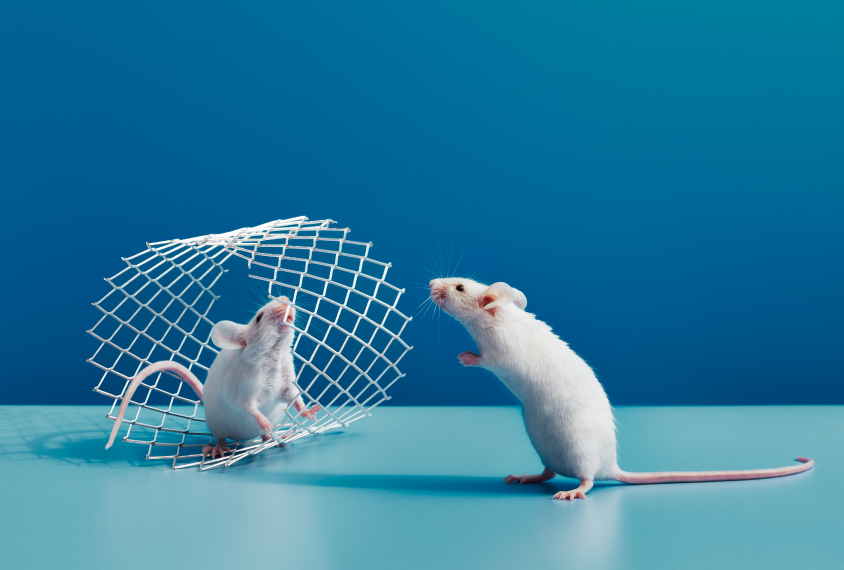
Autism genes converge on disruptions in social brain circuit
The circuit linking the prefrontal cortex and part of the thalamus is impaired in mice raised in social isolation and in mice with mutations in the FMR1 or TSC2 genes.
Cracking autism’s sleep conundrum
Sleep problems may contribute to or derive from autism traits — or both. After decades of work, researchers are beginning to uncover the biological connections between the two conditions, revealing new paths to potential treatments.
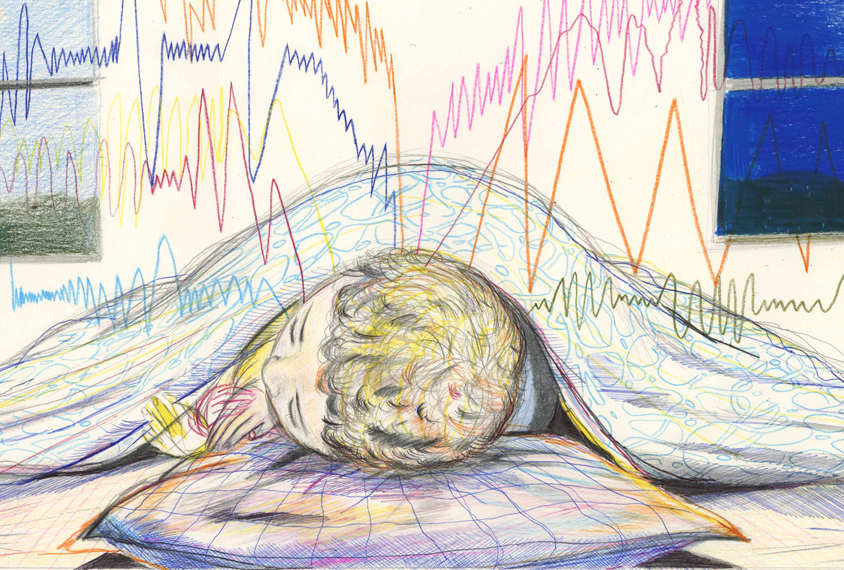
Cracking autism’s sleep conundrum
Sleep problems may contribute to or derive from autism traits — or both. After decades of work, researchers are beginning to uncover the biological connections between the two conditions, revealing new paths to potential treatments.
Synaptic overgrowth, hyperconnectivity may define autism subtype
Model mice of the subtype also show hyperactivity in a signaling pathway called mTOR, bolstering the idea that distinct forms of autism have different biological roots and may require different treatment approaches.
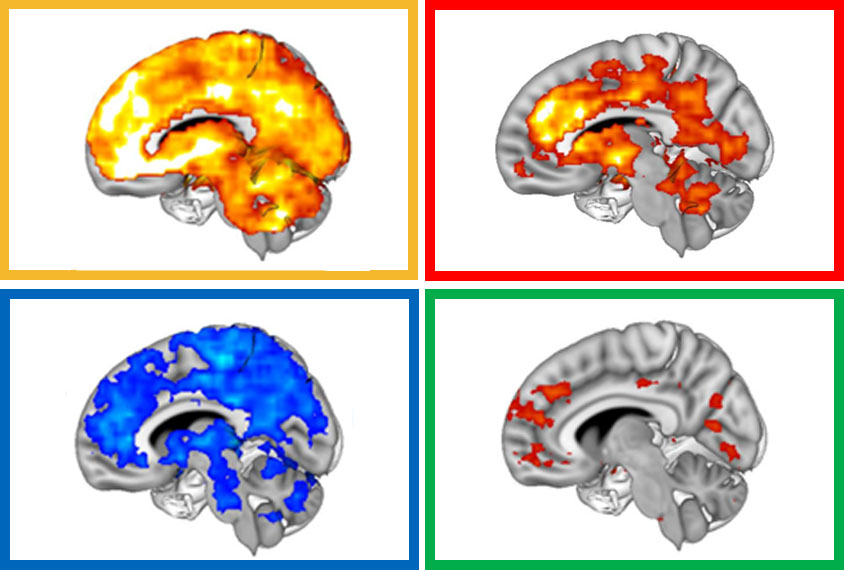
Synaptic overgrowth, hyperconnectivity may define autism subtype
Model mice of the subtype also show hyperactivity in a signaling pathway called mTOR, bolstering the idea that distinct forms of autism have different biological roots and may require different treatment approaches.
Severe infection may raise odds of autism in some children
Mock viral infections impair social memory in mice with a mutation tied to autism, and autistic boys are more likely than their non-autistic peers to have had serious infections early in life.
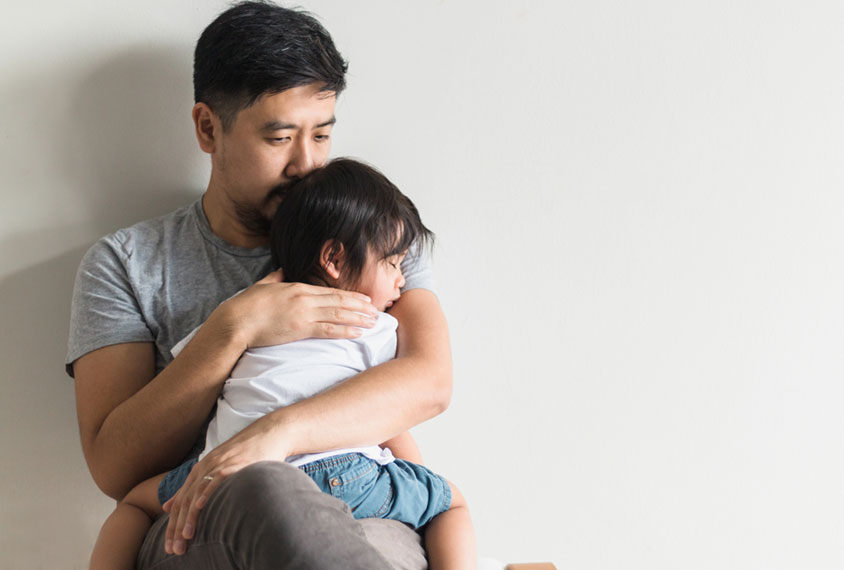
Severe infection may raise odds of autism in some children
Mock viral infections impair social memory in mice with a mutation tied to autism, and autistic boys are more likely than their non-autistic peers to have had serious infections early in life.
Disrupted cell skeletons may explain brain wiring changes in autism-linked condition
Neuronal axons ignore guidance cues after a mutation in the gene TSC2 disrupts signaling through RhoA, a protein regulated by many autism-linked genes.
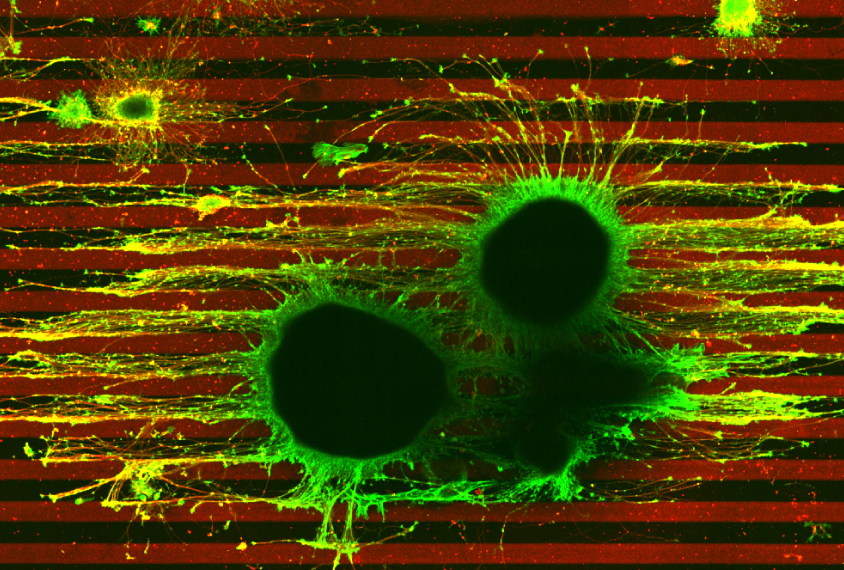
Disrupted cell skeletons may explain brain wiring changes in autism-linked condition
Neuronal axons ignore guidance cues after a mutation in the gene TSC2 disrupts signaling through RhoA, a protein regulated by many autism-linked genes.
Extra proteins alter microglia and behavior in mice
The overproduction of proteins in brain cells called microglia causes social impairments, cognitive deficits and repetitive behavior in male mice, a new study has found.
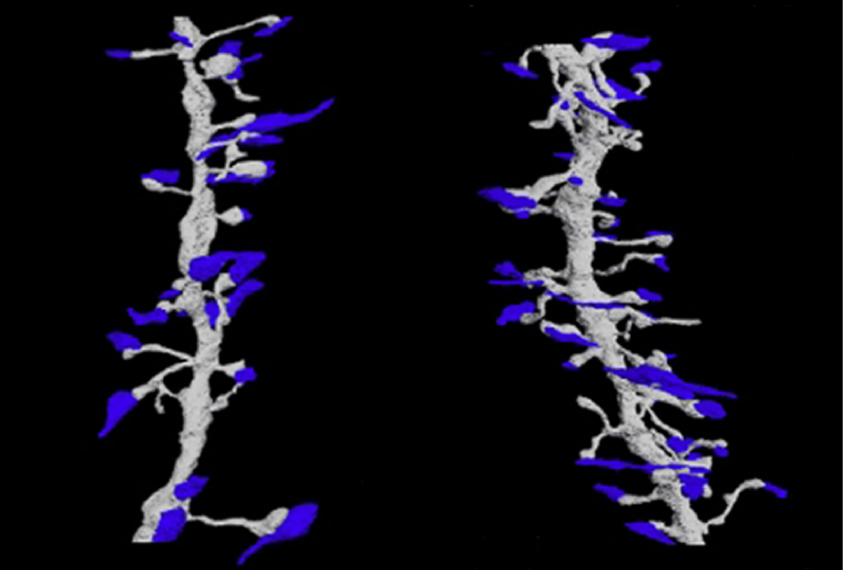
Extra proteins alter microglia and behavior in mice
The overproduction of proteins in brain cells called microglia causes social impairments, cognitive deficits and repetitive behavior in male mice, a new study has found.
Studies of tuberous sclerosis may shed light on biology of autism
Tuberous sclerosis provides a unique opportunity to understand autism because about half of people with that single-gene condition also have autism.
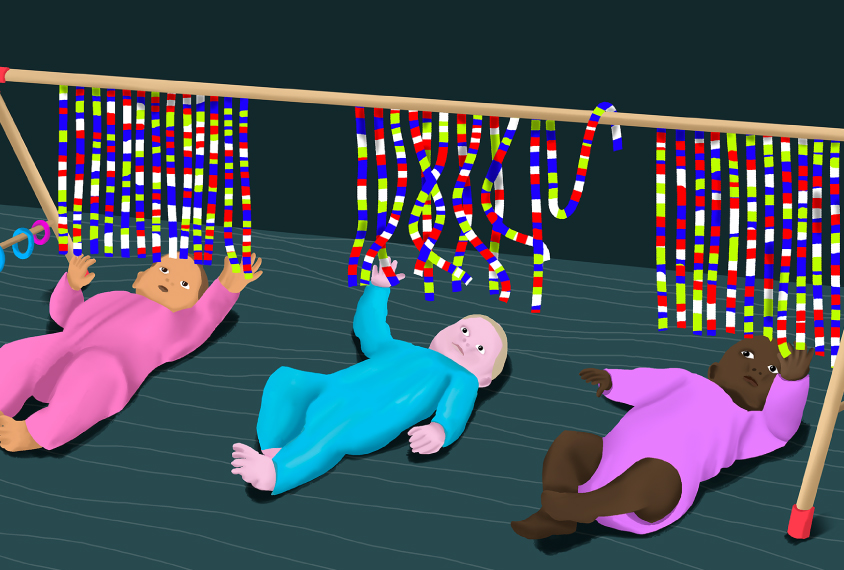
Studies of tuberous sclerosis may shed light on biology of autism
Tuberous sclerosis provides a unique opportunity to understand autism because about half of people with that single-gene condition also have autism.
Trial results temper hopes of tumor drug for treating autism
A drug that treats tumors and epilepsy in people with tuberous sclerosis complex does not boost their intelligence or ease autism traits.
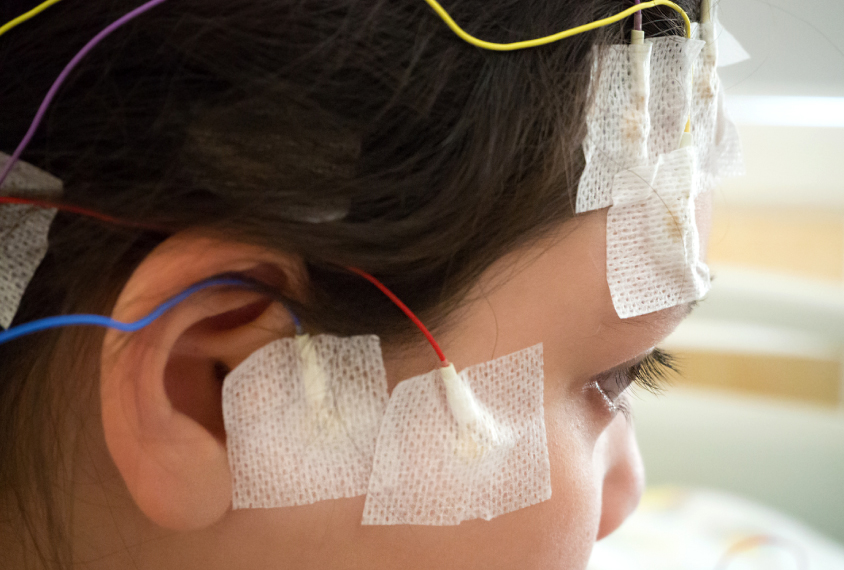
Trial results temper hopes of tumor drug for treating autism
A drug that treats tumors and epilepsy in people with tuberous sclerosis complex does not boost their intelligence or ease autism traits.
Explore more from The Transmitter
Lack of reviewers threatens robustness of neuroscience literature
Simple math suggests that small groups of scientists can significantly bias peer review.

Lack of reviewers threatens robustness of neuroscience literature
Simple math suggests that small groups of scientists can significantly bias peer review.
Dendrites help neuroscientists see the forest for the trees
Dendritic arbors provide just the right scale to study how individual neurons reciprocally interact with their broader circuitry—and are our best bet to bridge cellular and systems neuroscience.

Dendrites help neuroscientists see the forest for the trees
Dendritic arbors provide just the right scale to study how individual neurons reciprocally interact with their broader circuitry—and are our best bet to bridge cellular and systems neuroscience.
Two primate centers drop ‘primate’ from their name
The Washington and Tulane National Biomedical Research Centers—formerly called National Primate Research Centers—say they made the change to better reflect the breadth of research performed at the centers.

Two primate centers drop ‘primate’ from their name
The Washington and Tulane National Biomedical Research Centers—formerly called National Primate Research Centers—say they made the change to better reflect the breadth of research performed at the centers.